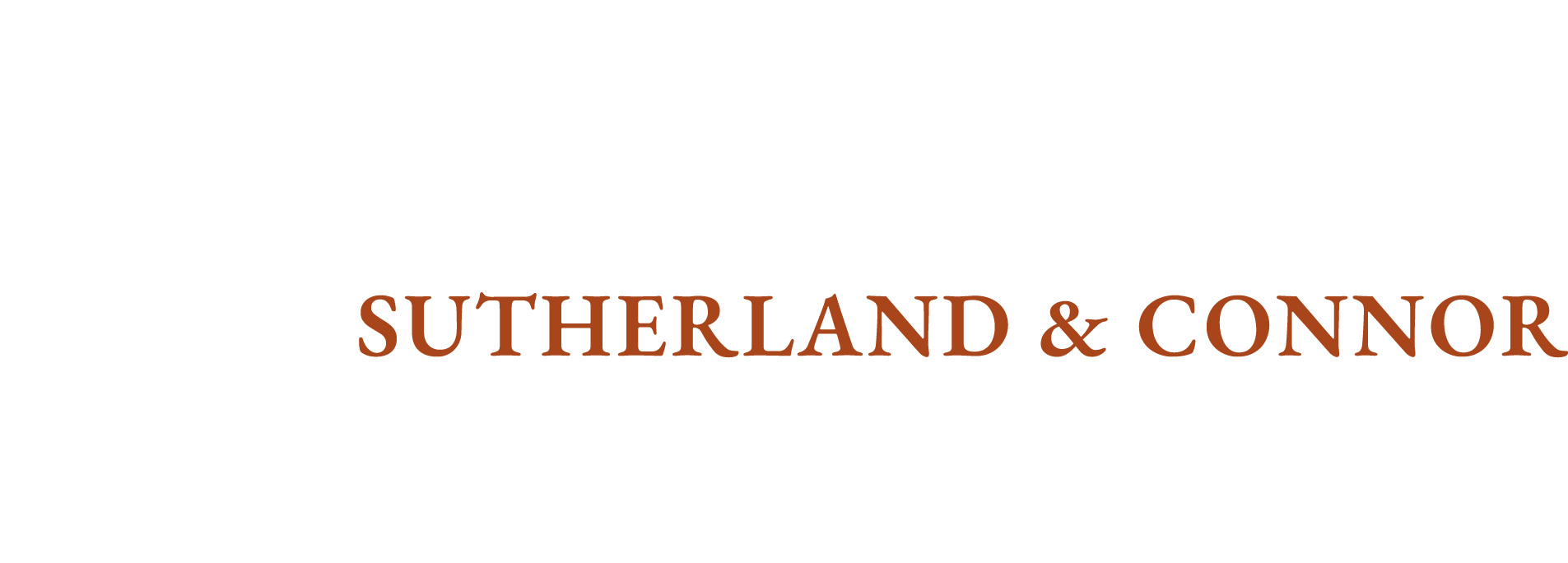We pride ourselves on being counselors at law, so we have answered some commonly asked questions.
Not everybody needs a Will, and many people die without one, this is called “dying intestate.” If a person dies intestate, the probate code and laws of intestacy determine how their estate will be distributed. Sometimes the default laws produce the same result that you may have had in your Will. We know the default rules and will honestly help you evaluate if you need a Will to accomplish your estate plan.
Many of your assets will pass according to joint ownership or beneficiary designations. Only probate assets, those that do not have a joint owner, or designated beneficiary, pass according to your Will. A common misconception is that if you do not have a Will, the state will seize your assets. That is not true. Another misconception is that if you have a Will, you avoid probate. That is also not true. Book an appointment to learn the facts and how they impact your estate plan.
Whether you need a trust depends on what you own, where you live, when the assets will become available, and who will benefit from your estate. Once we understand your unique situation, we can help you determine if a trust is necessary to accomplish your plan. Book an appointment and we will help you decide if you need a trust as a component of your estate plan.
A Will can only be contested if the will maker, called the testator, was incapacitated at the time the Will was signed, or if the testator was unduly influenced in making the Will. We can help you understand if you have standing to contest a Will and the likely outcome of bringing such an action. If you are a personal representative or a beneficiary that wants a Will enforced, we will help you the defend the Will.
An agent must be trustworthy, responsive, and empathetic. Your agent must be confident enough to serve your best interests even in the face of conflict. All while they support your independence and perspective. Commonly, people will select their spouse and another adult family member to serve as their agent under the power of attorney. Sometimes friends and family members are not available and we can help appoint a professional to serve as your agent.
Probate, in its narrow meaning, describes the process by which an instrument purporting to be a Will is legally determined to be the effective Last Will and Testament of the decedent, or that a decedent has died intestate and therefore who are the rightful heirs. Probate, in its broader sense, describes the entire process by which a decedent’s estate is collected, administered, and distributed. Probate laws vary from state to state, and in Colorado we are fortunate to have a streamlined process that is informal and not overly burdensome or costly.
A personal representative is the executor or administrator for the estate of a deceased person and serves as a fiduciary of the estate's beneficiaries. A personal representative is most often nominated in a Will and appointed by the probate Court to serve in that role.
We are licensed to practice law in Colorado. Colorado courts have an electronic filing system and we can help statewide. We are happy to help people who live out of state but own property here or have estate matters involving Colorado real estate or a Colorado resident.
